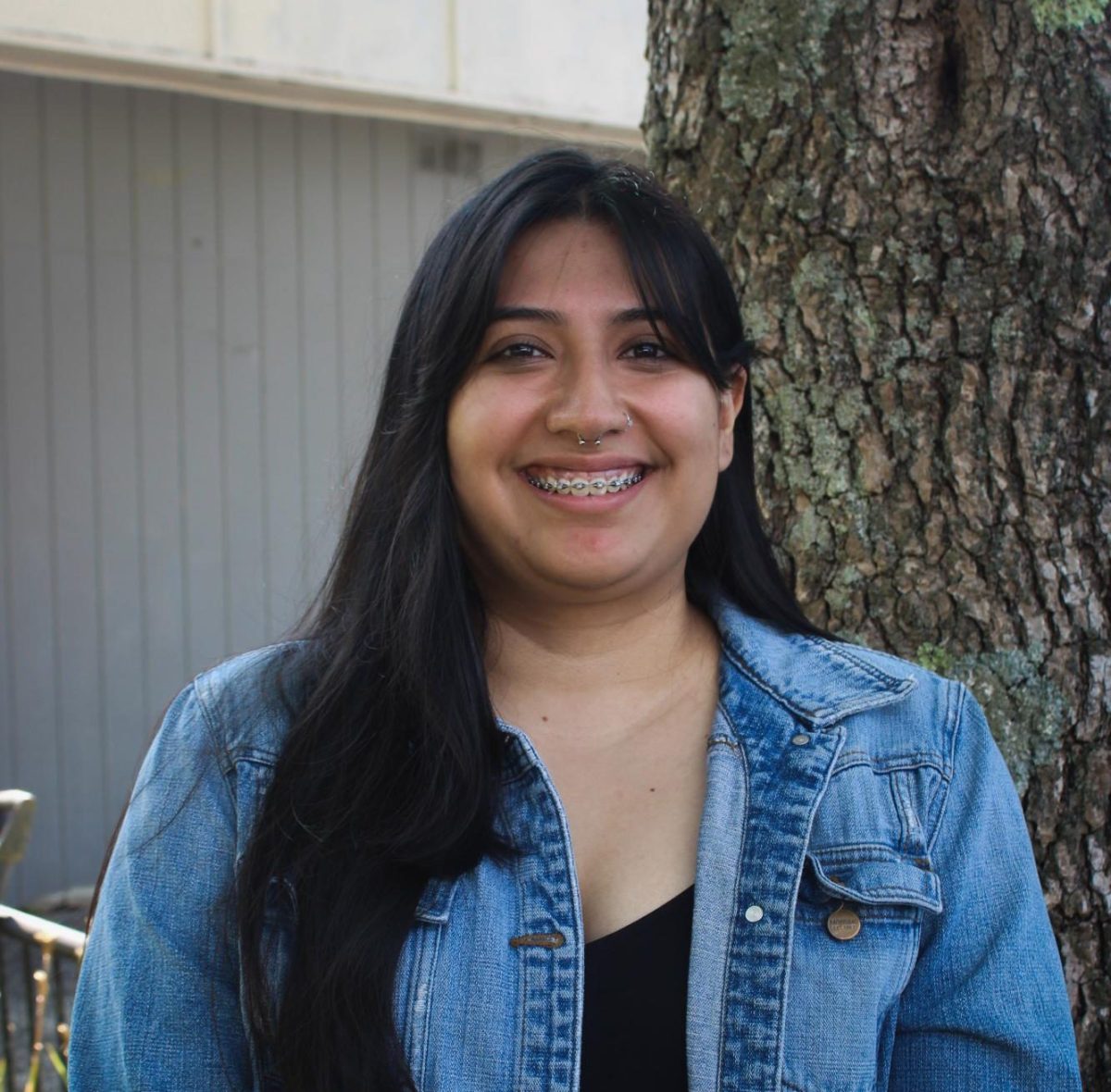Every day after school, 6-year-old Rubí Escobar would come home to her parents, younger brother Carlos and newborn sister Lucero. As she told her parents about her day, she would tell them what she learned, translating everything into Spanish so they could understand.
“All the pressure was on me as the oldest child who could speak English,” Escobar, now 24, said. “So I would translate everything I was told in school.”
Currently, two staff members offer services as Spanish interpreters and translators in Watauga County Schools. These interpreters and translators typically communicate between parents and teachers, but are also available to help students in crisis situations.
Yolanda Adams, a former translator for the school system, said she estimates translators are currently serving nearly 200 families.
“Each school should have their own interpreter in the ideal world,” Adams said. “There’s not a lot of money in education, but that is something I advocate a lot.”
Escobar lived in La Estancia, San Juan del Río, Mexico with her mom for the first year of her life while her dad worked in the United States. Eventually, the family immigrated to the U.S. and moved to North Carolina in 2001.
Escobar learned English through Ashe County Schools and quickly became fluent in both English and Spanish. Her fluency allowed her to be a translator for her parents who were still learning the language. She said it was difficult to translate what she was learning in school, especially when she did not understand what she had to explain.
“Some words I never heard of and in Spanish it can mean something completely different,” Escobar said. “So I’m like, ‘I don’t know what this is,’ especially at 6 when your vocabulary isn’t as large as you think it is.”
Adams said relying on children to translate can cause parents to miss out on important information regarding issues with discipline and report cards in school.
“When you do that you are basically taking the power away from the parent to be the parent,” Adams said.
Escobar struggled because she had to teach herself much of the material she learned without help from her parents.
“I remember coming home with my spelling words, and I would tell my mom I have to do this,” Escobar said. “My mom would try to help me, but she would get frustrated.”
As a community advocate, Adams said she wants to prevent situations where parents do not get the full picture of their child’s school experience. She said providing more interpreters will help bridge the language gap between parents and their children.
“Then, you give that power back to the parents because there is someone completely neutral interpreting for them,” Adams said.
As the 2024 election approaches, Adams and Escobar both said they want to see more candidates in local races reaching out to the Hispanic community.
“I think there’s a lot for them to learn from our culture, our needs, how they can advocate and help,” Adams said.
They said these conversations are important because they inform the community about issues that matter to them and where candidates stand on those issues.
“The more we know, the more empathy we feel for others, which would motivate more people to go vote,” Escobar said.
Chad Cole, a candidate for the Watauga County Board of Education, said he supports increasing the number of interpreters. He also supports hiring bilingual teachers and administrators to support students and their families.
Cole said he believes these resources will help parents trust Watauga County Schools.
“Their child is not going to have to fend for themselves at school knowing that our school system is able to provide them with some help,” Cole said.
While he supports an increase in translators, Cole said he is unsure about the feasibility of increasing their presence in Watauga County Schools.
“Financially, can we do it? I don’t know,” Cole said. “I don’t think so but it would be something to absolutely do some research on.”
Marshall Ashcraft, a current member of the Board of Education, said funding for additional interpreter and translator positions is based on recommendations by school administrators.
“I don’t doubt that we would benefit from having some more resources in that area but there is just limited funds to do everything we’d like to do,” Ashcraft said.
Escobar works with High Country Community Health offering healthcare services to farm workers in the area.
She said translating and interpreting is an important part of her job in the healthcare industry because it can be intimidating for many patients.
“Just because somebody only speaks Spanish does not mean they’re not going to get cancer,” Escobar said. “So they should have somebody that speaks their language.”
Escobar said the experience interpreting for her family has given her a greater awareness for when others need help. Whether in her job or at the grocery store, she said she is always willing to help translate for families.
“What I try to do is actually for the kids,” Escobar said. “Knowing how my parents struggled, I know that even a stranger could make somebody’s day.”
Para leer en español haz clic aquí.
Correction: A previous version of this story included a caption that said Rubí Escobar works as a translator at Watauga County Schools. This has since been corrected.



